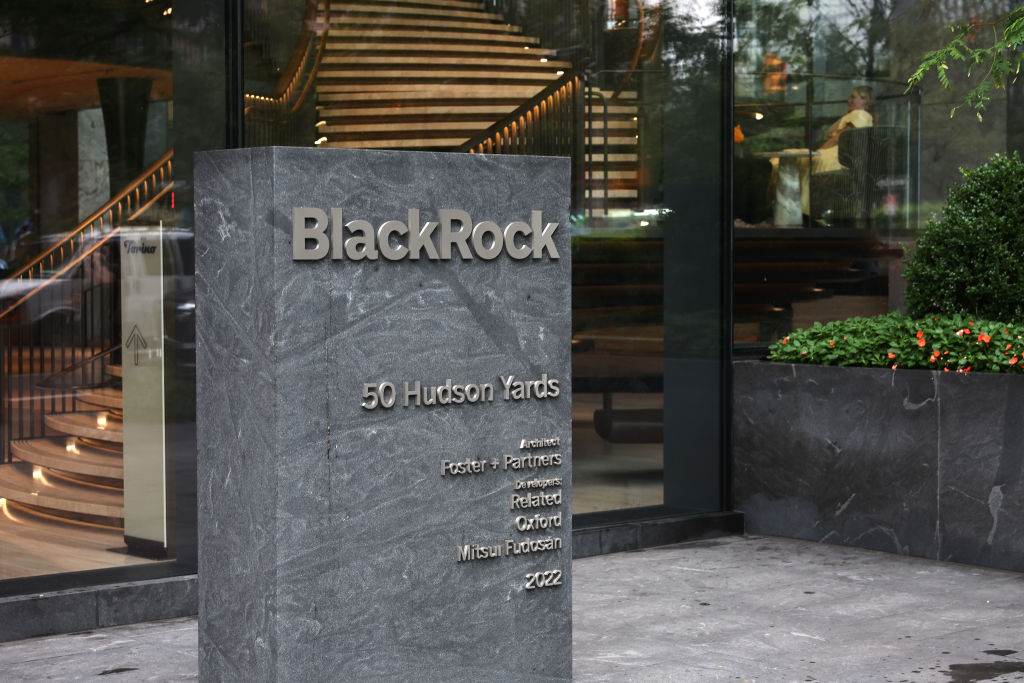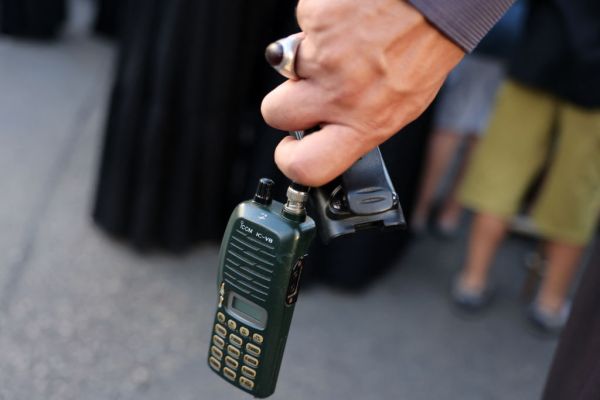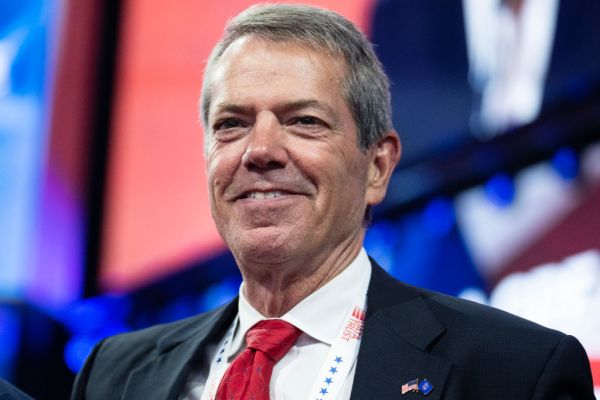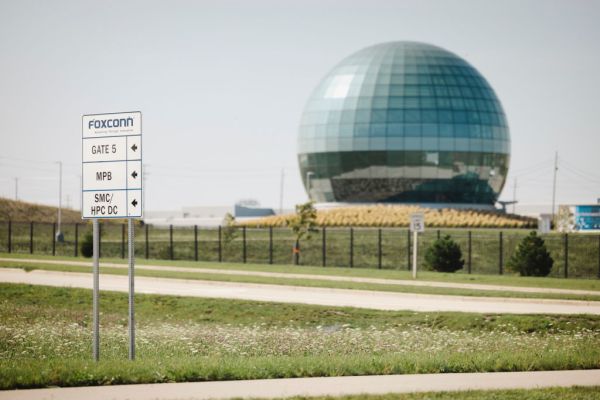Hundreds of viral posts online claim that both of Donald Trump’s would-be assassins appeared in commercials for the asset management firm BlackRock.
“What are the odds of both shooters being in an ad for BlackRock?” one common version of the claim asks. “Is two a lot?” another asks. “It depends on the context. 2 dollars, no. 2 political assassination attempts by people from Black Rock commercials, Yes.”
The claim is false. While Thomas Crooks—the 20-year-old perpetrator of the July 13 attempt on Trump’s life—did appear briefly in a BlackRock commercial, Ryan Routh—the alleged would-be golf course assassin—did not.
BlackRock, the largest asset management firm in the world, has been subject to conspiracy theories for years—a pattern that continued when Crooks was identified in a 2022 commercial for the firm in the wake of his failed assassination attempt on Trump in Butler, Pennsylvania. Crooks appears for less than a second in the ad, which profiles a teacher at Crooks’ high school. “In 2022, we ran an ad featuring a teacher from Bethel Park High School, in which several unpaid students briefly appeared in the background, including Thomas Matthew Crooks,” BlackRock told CBS News in a July statement.
Unlike Crooks, Routh did not appear in a BlackRock video. The footage of Routh that social media users allege is from a BlackRock commercial is actually from a 2022 protest in Kyiv. Save Azoz, an X account advocating for the Ukrainian military’s controversial Azov Brigade, posted the video on its X account on May 1, 2022. The video is not a commercial and has no connection to BlackRock.
In the video, Routh—who spent time in Ukraine and tried unsuccessfully to recruit foreign soldiers to serve in its military—appears briefly in the video at the 1: 50 second mark. At the time of the protest, members of the brigade had been encircled by Russian armed forces in the defense of Mariupol, a city in southeastern Ukraine. Protesters, including Routh, were advocating for the continued support and possible evacuation of Ukrainian soldiers and civilians still trapped in the city. Earlier this month, the Azov Brigade emphasized that it had no affiliation with Routh despite him attending a protest supporting the group.
“We would like to officially state that Ryan Wesley Routh has no connection to Azov and has never had any connection to Azov. The peaceful demonstration he attended was open and anyone could join it,” the brigade said in a statement. “We believe that the spread of the narrative about the possible connection between Azov and Ryan Wesley Routh is playing along with Russian propaganda and discredits the 12th Special Forces Brigade Azov of the National Guard of Ukraine and the Security and Defense Forces of Ukraine in general.”
A similar claim—popularized by right-wing influencer Jack Posobiec—links BlackRock to Routh indirectly by asserting that BlackRock funds the Azov Brigade. “Last year, BlackRock paid Ukraine half a trillion dollars in exchange for all of Ukraine’s main assets, and put Ukraine in permanent debt to BlackRock,” TikTok user Joy Backlas-Cruz says in the video shared by Posobiec.
This claim is also false. BlackRock’s Financial Markets Advisory group is helping Ukraine’s Ministry of Economy design a reconstruction fund for the country, but it is not doing so in exchange for “Ukraine’s main assets.” BlackRock’s support for the fund, which will encourage private investment into the country’s recovery, is being provided for free. Joy Backlas-Cruz did not respond to a request for comment from The Dispatch Fact Check.
If you have a claim you would like to see us fact check, please send us an email at factcheck@thedispatch.com. If you would like to suggest a correction to this piece or any other Dispatch article, please email corrections@thedispatch.com.










Please note that we at The Dispatch hold ourselves, our work, and our commenters to a higher standard than other places on the internet. We welcome comments that foster genuine debate or discussion—including comments critical of us or our work—but responses that include ad hominem attacks on fellow Dispatch members or are intended to stoke fear and anger may be moderated.
With your membership, you only have the ability to comment on The Morning Dispatch articles. Consider upgrading to join the conversation everywhere.